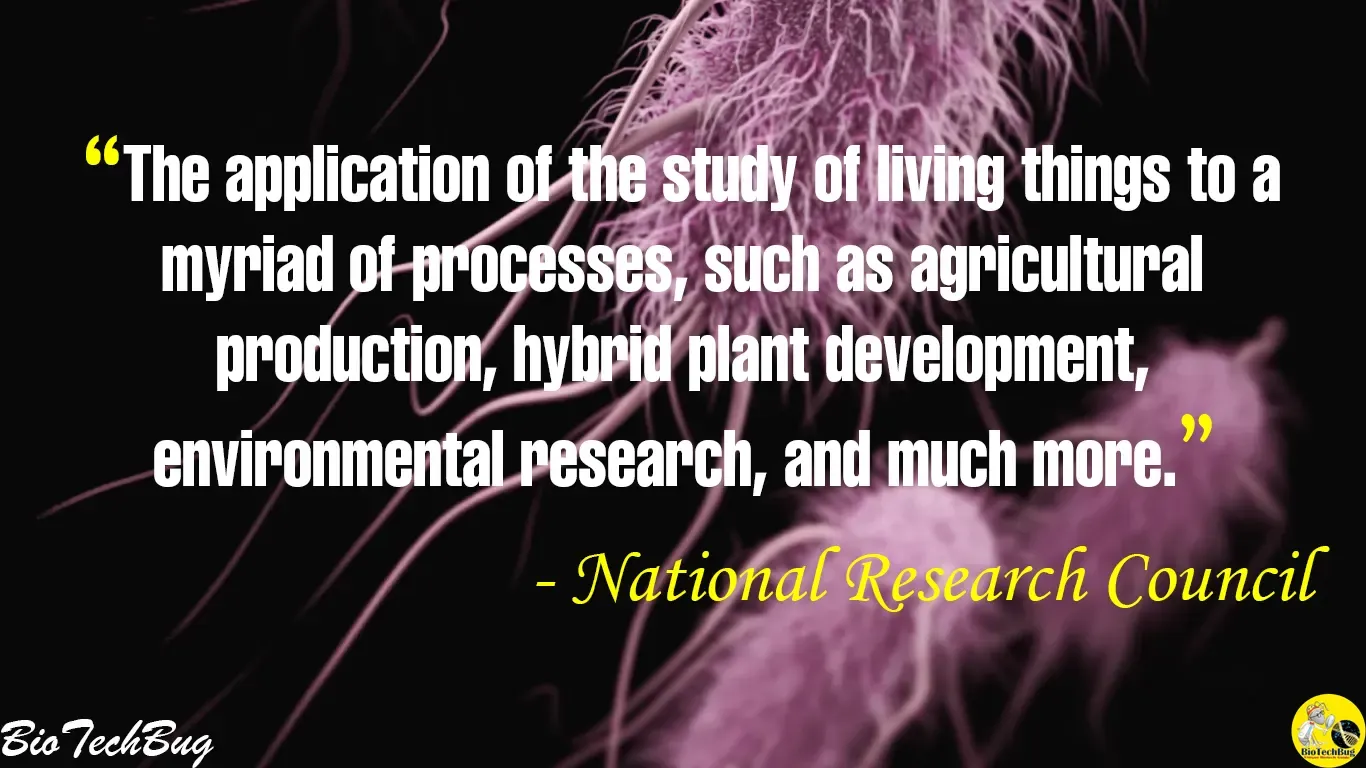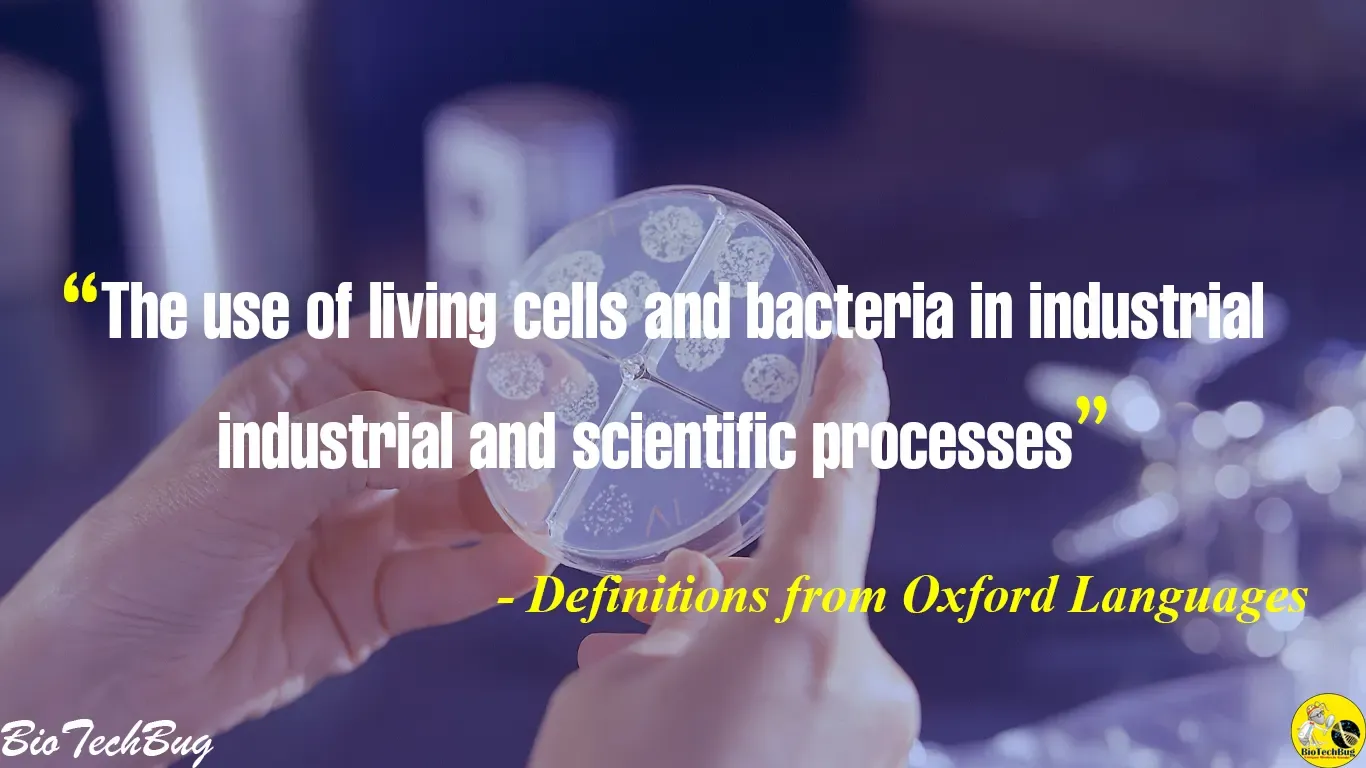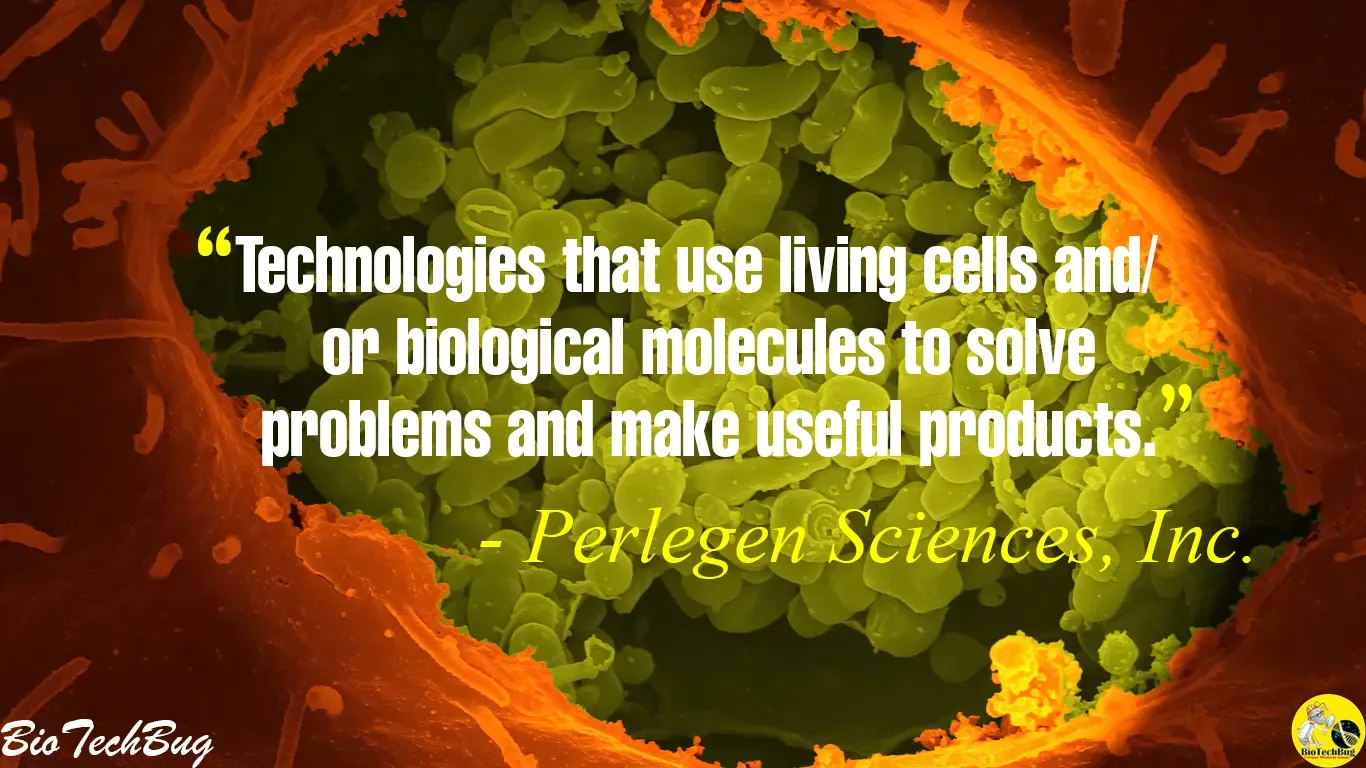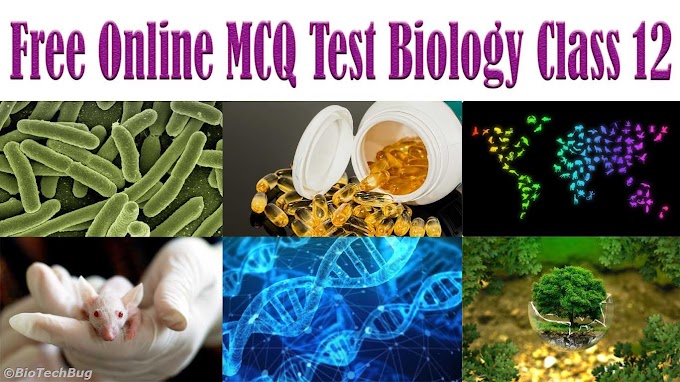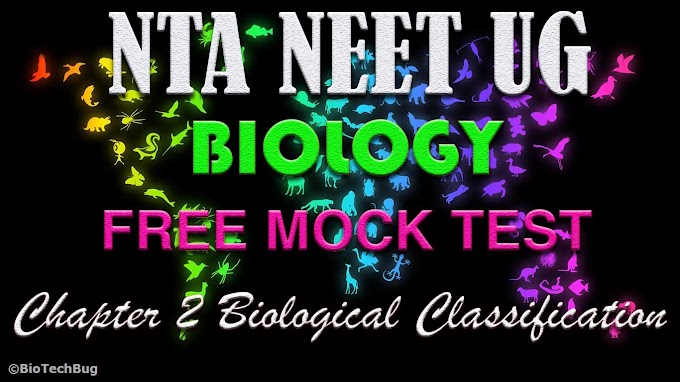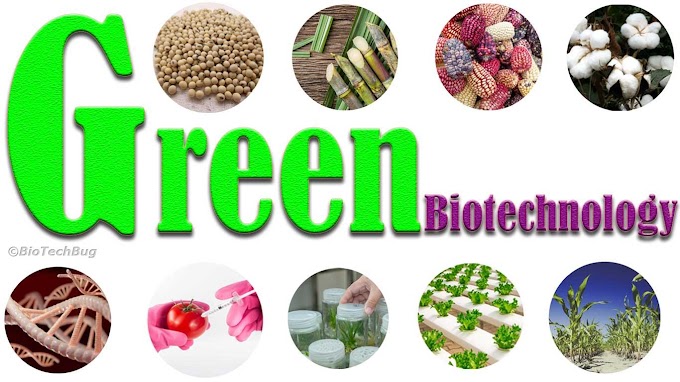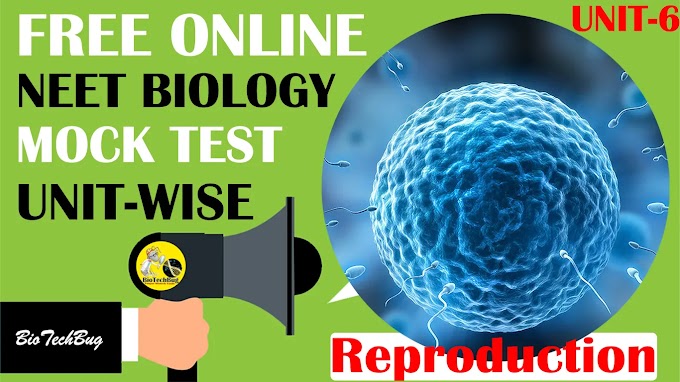Numerous definitions of
biotechnology have been provided by scientists and research institutes over
time, reflecting the continuous advancements in this sector. The Biotechnology
sector has witnessed significant transformations, ranging from Fermentation
technology to the more advanced field of Genetic Engineering Biotechnology.
The Hungarian scientist
introduced the term "biotechnology" in 1919, followed by the coining
of "molecular biology" in 1938 and the first usage of "genetic
engineering" by a Danish scientist in 1941. The field of biotechnology has
undergone significant evolution over the years, leading to changes in its
definition.
You Should Read: Inspirational Biotech Quotes
The meaning of biotechnology can
be deduced by examining the origin of the term, which traces back to the
ancient Greek language. In Greek, "bios" translates to
"life," "teuchos" signifies "tool," and
"logos" represents "word," "study of," or
"essence." Consequently, biotechnology can be described as the
exploration of tools derived from living organisms. Alternatively, it can be
defined as the application of methods rooted in living systems (such as plants,
animals, or microbes) to produce goods or enhance other species.
In the rapidly evolving field of
biotechnology, staying updated on the latest terms and definitions is
essential. Whether you're a seasoned professional or just starting to explore
this fascinating realm, our article on the best definitions of biotechnology
will give you a comprehensive understanding of key concepts.
Most Popular Biotechnology Definitions
Most scientific terms possess
precise definitions that are employed exclusively by individuals engaged in
scientific professions. Nevertheless, certain terms like biodiversity and
biotechnology were initially coined by an individual to convey a specific
meaning, but over time, they have been interpreted differently by numerous
individuals. Some definitions of biotechnology are limited in scope or solely
pertain to a specific type of biotechnology.
Various definitions have been
employed to clarify the notion of biotechnology. Presented below are the
distinguished explanations put forth by several scientists, research
institutions, and reputable organizations affiliated with the domain.
“The use of living things to make products.” —American Association for the Advancement of Science
“Technologies that use living
cells and/or biological molecules to solve problems and make useful products.”
—Perlegen Sciences, Inc.
“The application of the study of
living things to a myriad of processes, such as agricultural production, hybrid
plant development, environmental research, and much more.” —National Research
Council
“Any technological application
that uses biological systems, living organ[1]isms,
or derivatives thereof, to make or modify products or processes for specific
use.” —World Foundation for Environment and Development
“Biotechnology is technology based on biology, especially when used in agriculture, food science, and medicine.” —United Nations Convention on Biological Diversity
“The application of molecular and cellular processes to solve problems, conduct research, and create goods and services.” —U.S. Commerce Department
“The industrial application of
living organisms and/or biological techniques developed through basic research.
Biotechnology products include pharmaceutical compounds and research materials.”
—Bio Screening Industry News
“Applied biology directed towards
problems in medicine.” —Arius Research, Inc.
“The application of science and technology to living organisms, as well as parts, products and models thereof, to alter living or non-living materials for the production of knowledge, goods and services.” —Organisation for Economic Co-operation and Development, France
“The ability to reliably manipulate and control living systems, from adding or subtracting a single gene to cloning an entire organism. This can be thought of as the manufacturing end of the life sciences industry.” —University of Michigan, School of Medicine
“Body of methods and techniques
that employ as tools the living cells of organisms or parts or products of
those cells such as genes and enzymes.” —Lexicon Bioencyclopedia
“Biotechnology is the integration of natural sciences and engineering sciences in order to achieve the application of organisms, cells, part thereof and molecular analogues for products and services.” —University of Hohenheim, Institute of Food Technology, Denmark
“1. Using living organisms or their products
to make or modify a substance. Techniques include recombinant DNA (see Genetic
Engineering) and hybridoma technology. 2. Industrial application of biological
research, particularly in fields such as recombinant DNA or gene splicing,
which produces synthetic hormones or enzymes by combining genetic material from
different species.” —American Foundation for AIDS Research
You Should Read: Types of Biotech Companies in India
“A set of biological techniques developed through basic research and now applied to research and product development. In particular, the use of recombinant DNA techniques.” —The Pew Initiative on Food and Biotechnology
“The branch of molecular biology
that studies the use of microorganisms to perform specific industrial
processes.” —Princeton University WordNet
“The use of current technologies
such as DNA technologies for the modification and improvement of biological systems.”
—Biotech Canada
“Scientific process by which
living things (usually plants or animals) are genetically engineered.”
—EcoHealth Organization
“A term designating the use of
genetic engineering for practical purposes, notably the production of proteins
in living organisms or some of their components. It is primarily associated
with bacteria and mammalian cells.” —The National Centers of Competence in
Research in Switzerland
“Biotechnology is an integrated
application of natural and engineering sciences with the aim of using living
organisms, cells, and their component parts for products and services”. —European
Federation for Biotechnology
“Biotechnology is technology that
utilizes biological systems, living organisms or parts of this to develop or
create different products.” —Norwegian University of Science and Technology
“Biotechnology, the use of
biology to solve problems and make useful products. The most prominent area of
biotechnology is the production of therapeutic proteins and other drugs through
genetic engineering.” —Encyclopædia Britannica, Inc.
“Any technological application
that uses biological systems, living organisms, or derivatives thereof, to make
or modify products or processes for specific uses”. — United Nations Convention
on Biological Diversity (CBD)
Due to the extensive range of
Biotechnology definitions, it is not feasible to cover all of them. Therefore,
we have highlighted some of the most notable Biotechnology definitions above.
Hopefully, our article on biotechnology definitions will give you a
comprehensive understanding of key concepts related to biotechnology.
You Like to Read: Colors of Biotechnology
Biotechnology definitions become intricate within the realm of legal terminology due to the inclusion of technical jargon encompassing broader perspectives. Consequently, each nation establishes its own interpretation of the Biotechnology term in accordance with its respective legal framework. So here we have not included the list of definitions of biotechnology used by the governments and organizations of various countries in assessments of the developing field within their jurisdictions.






